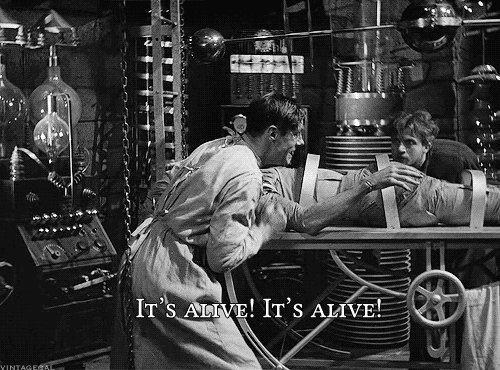Xsbank
Guru
- Joined
- Sep 7, 2013
- Messages
- 3,791
- Location
- Canada
- Vessel Name
- Gwaii Haanas
- Vessel Make
- Custom Aluminum 52
...Or defibrillator. Has anyone contemplating adding one to your onboard first aid kit? It seems that I can't look at anything written without seeing a reference to one or the number of people who have popped their clogs because there was no unit available. Costco online sells them but I could get a nice new Standard Horizon AIS for less money. It seems to me the AIS would be more fun but none of us are getting any younger. Opinions? Useful or nonsense?



